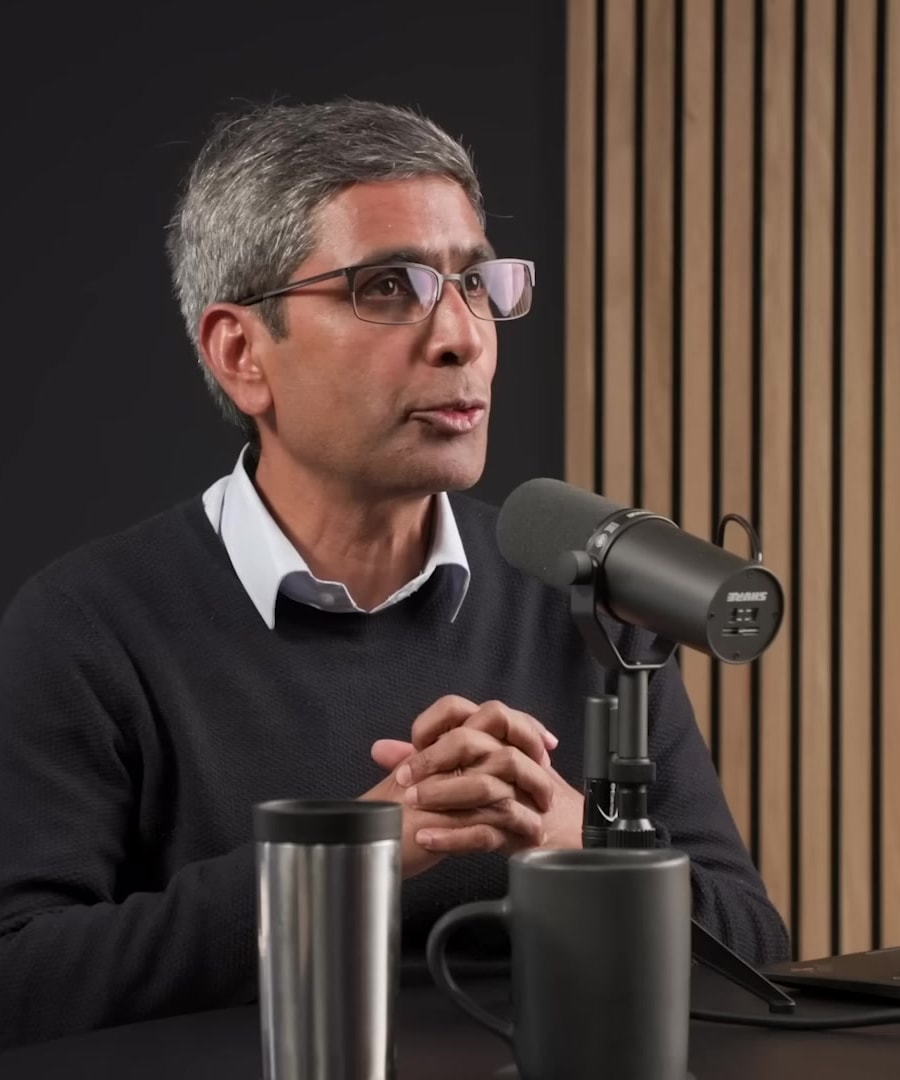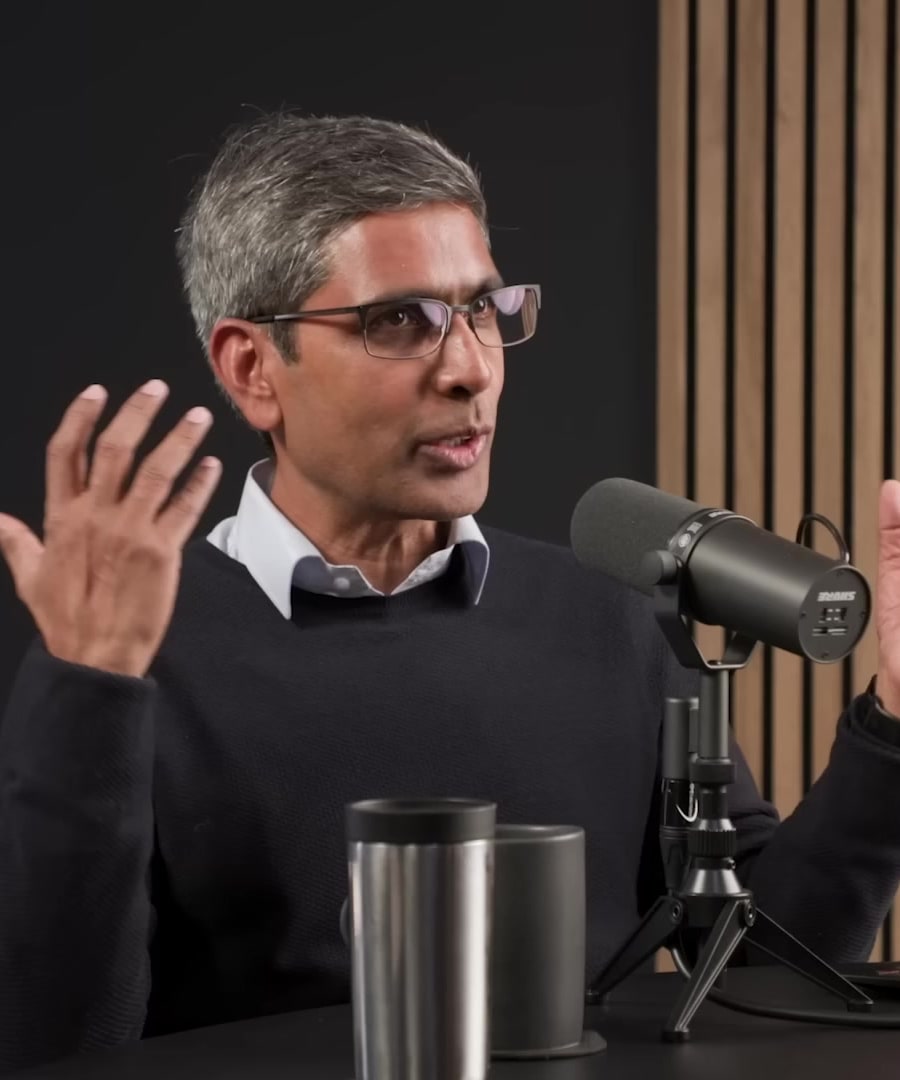What are some effective strategies for reducing calorie intake?
Sources:
Effective strategies for reducing calorie intake, as discussed by various experts on the , include:
-
Being mindful of artificial sweeteners: Contrary to reducing fat, artificial sweeteners may not help because they can still trigger an insulin response which might lead to fat deposition in the liver 1.
-
Caloric restriction: This method can improve testosterone parameters in obese individuals or those with metabolic syndrome, but it might decrease testosterone in young, healthy men 2.
-
Time-restricted feeding: Restricting food intake to a specific window of time can favor fat loss over loss of other tissues when in a state of caloric deficit, due to metabolic changes that boost fat metabolism 3.
-
Understanding calorie reduction effects: Calorie restriction without fasting (e.g. eating small meals throughout the day and night) has been shown to extend lifespan by 10% in mouse studies 4.
-
Personalized diet apps: These tools can track energy expenditure and adjust calorie intake, enhancing adherence to a diet by fitting personal preferences 5.
-
Intermittent fasting: Various forms of intermittent fasting, such as alternate-day fasting, five-two diet, or periodic fasting, help reduce daily calorie intake on certain days, which can be beneficial for weight maintenance and health 6.
-
Overcoming cravings: Mindful awareness of hunger and emotions, riding the craving, creating safe environments devoid of temptation, and seeking additional support for compulsive eating can all contribute to better control over calorie intake 7.
-
Being vigilant about reverse causality: When considering diet changes, it's important to understand that certain behaviors might be a result of a condition (like obesity) rather than its cause. This understanding can help tailor a diet strategy effectively 8.
The information above encompasses various methods and considerations for reducing calorie intake effectively, supported by studies, expert opinions, and practical tools.
RELATED QUESTIONS-
What are some effective strategies for reducing calorie intake?
- RELATED QUESTIONS







